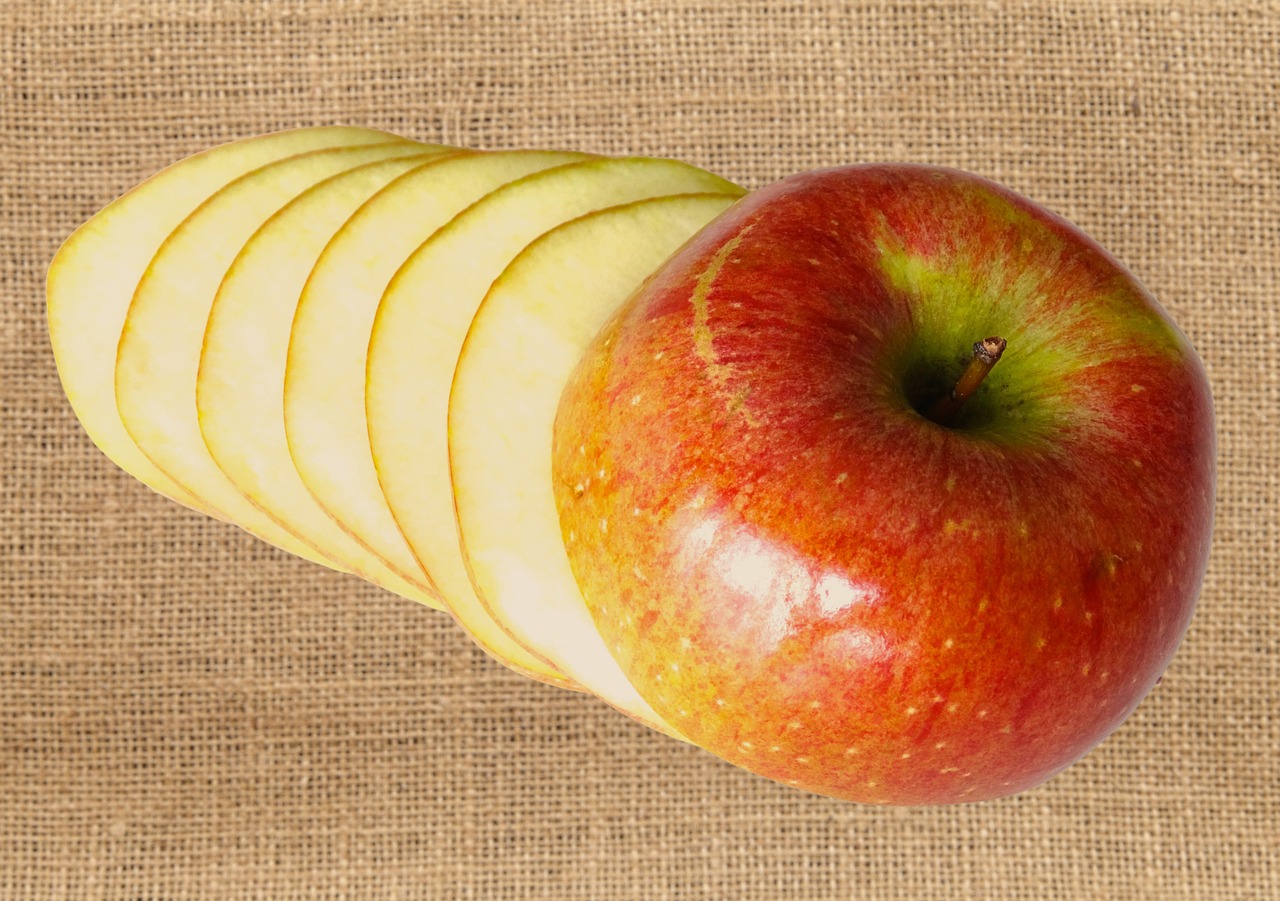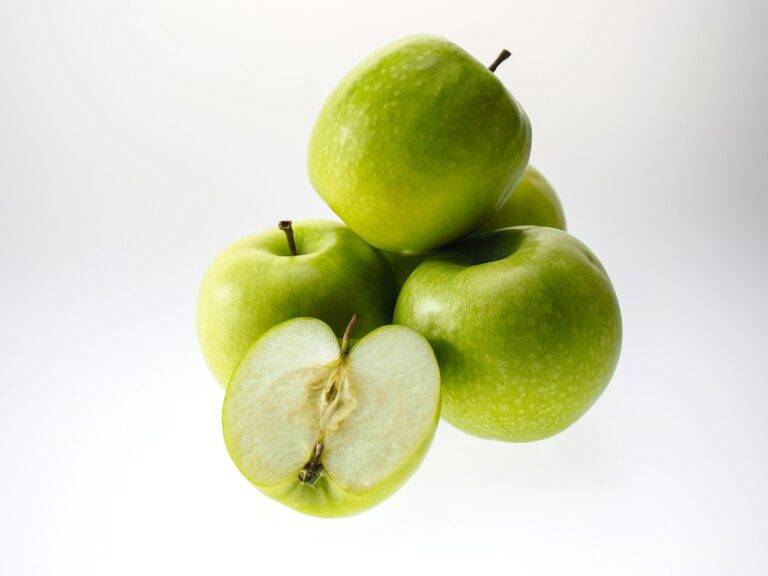Kombucha and Fertility: Exploring Its Impact on Reproductive Health
betbhai9 whatsapp number, play exch.in, lotus365.win new id: Kombucha and Fertility: Exploring Its Impact on Reproductive Health
In recent years, kombucha has gained popularity as a health elixir with numerous benefits claimed by its avid drinkers. From improving digestion to boosting immunity, this fermented tea seems to be a cure-all for many ailments. But what about its effects on reproductive health and fertility? Can kombucha really have an impact on your ability to conceive? Let’s delve into the research and explore the relationship between kombucha and fertility.
What is Kombucha?
Before we dive into the potential effects of kombucha on fertility, let’s first understand what exactly this trendy drink is. Kombucha is a fermented tea made from sweetened black or green tea, vinegar, bacteria, and yeast. During the fermentation process, known as symbiotic culture of bacteria and yeast (SCOBY), the sugar in the tea is broken down by the yeast and bacteria, resulting in a slightly effervescent drink with a tangy flavor.
Kombucha is believed to have originated in China over 2,000 years ago and has since spread to other parts of the world due to its potential health benefits. Some of the touted advantages of kombucha include improved digestion, increased energy levels, and enhanced immune function. But what about its impact on fertility?
The Link Between Kombucha and Fertility
While there is limited scientific research on the direct effects of kombucha on fertility, the potential benefits of this fermented tea on reproductive health may be attributed to its probiotic content. Probiotics are beneficial bacteria that promote a healthy gut microbiome, which is essential for overall well-being, including reproductive health.
Some studies suggest that maintaining a balanced gut microbiome through the consumption of probiotic-rich foods, such as kombucha, may support fertility. A healthy gut can help regulate hormones, reduce inflammation, and improve nutrient absorption, all of which are crucial factors for reproductive function.
Furthermore, kombucha is a good source of antioxidants, which can help combat oxidative stress in the body. Oxidative stress has been linked to infertility in both men and women, so incorporating antioxidant-rich foods like kombucha into your diet may be beneficial for fertility.
It’s important to note that individual responses to kombucha may vary, and more research is needed to fully understand its effects on reproductive health. If you’re trying to conceive, it’s always best to consult with a healthcare provider or fertility specialist before making any significant changes to your diet.
FAQs
1. Can kombucha improve fertility?
While there is limited scientific evidence to support the direct link between kombucha and fertility, the probiotic and antioxidant content of this fermented tea may have potential benefits for reproductive health.
2. How much kombucha should I drink if I’m trying to conceive?
There is no set recommendation for the amount of kombucha to drink when trying to conceive. It’s best to consume it in moderation as part of a balanced diet.
3. Are there any risks associated with drinking kombucha while trying to conceive?
Some commercial kombucha products may contain trace amounts of alcohol due to the fermentation process. If you’re trying to conceive or are pregnant, it’s advisable to choose kombucha with low alcohol content or avoid it altogether.
4. Can kombucha help with hormonal imbalances that affect fertility?
While probiotics found in kombucha may support a healthy gut microbiome, which could indirectly impact hormones, more research is needed to determine the direct effects of kombucha on hormonal imbalances related to fertility.
In conclusion, while kombucha is a popular health drink with potential benefits for digestive health and immunity, its impact on fertility remains largely unexplored. As with any dietary change, it’s essential to listen to your body and consult with a healthcare provider before consuming kombucha while trying to conceive. As more research emerges on the relationship between kombucha and reproductive health, we may gain a better understanding of its potential role in enhancing fertility.







